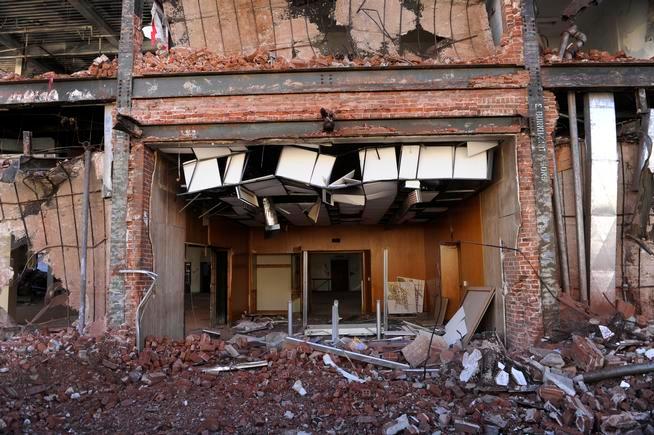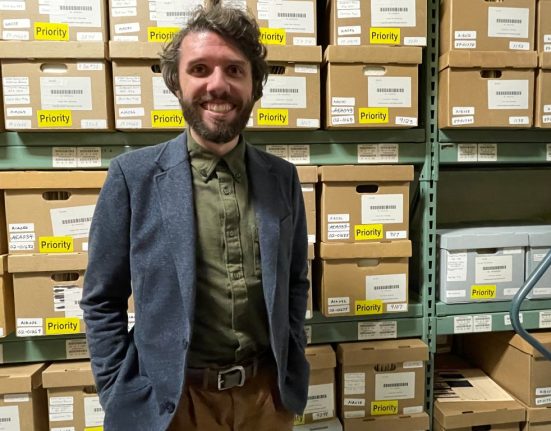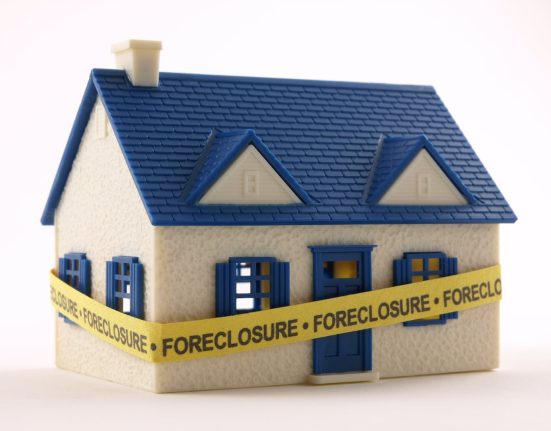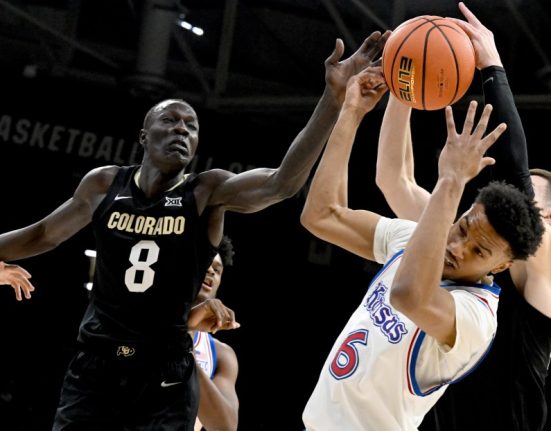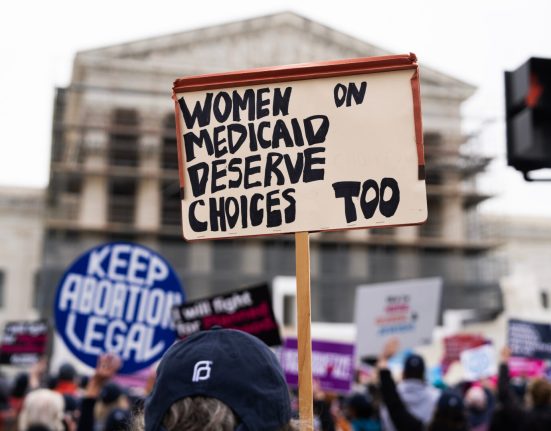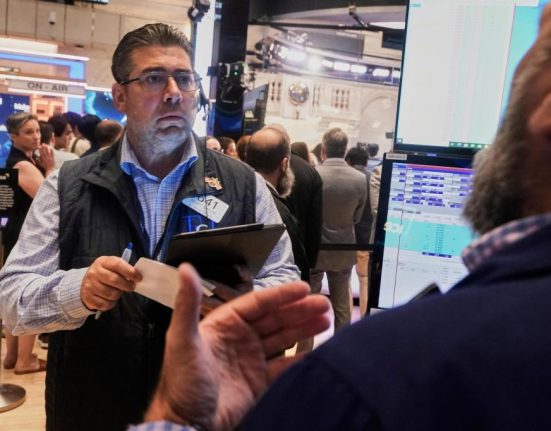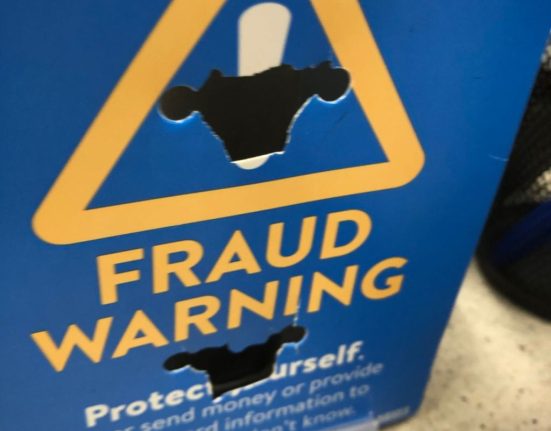For 25 years, Denverites have waited and wondered what would become of the old Gates Rubber factory at the intersection of Broadway and Interstate 25 south of downtown. Beautiful but badly contaminated solid brick buildings were torn down with the promise of remediation and redevelopment that never materialized.
Millions were spent on the cleanup of the soil, only for the debt to act as an albatross around the properties’ neck, tied to the metropolitan district on the land. A bridge was built to connect South Broadway to Santa Fe, but isn’t open for use.
Now redevelopment of the 40-acre site is within grasp, with a promising economic model. But the catch is that the city must invest millions more into a project that has already been promised millions in tax incentives.
A team of investors wants to build a stadium on the land for their newly acquired National Women’s Soccer League franchise. The stadium and surrounding mixed-use development would bring the promise that the abandoned brownfield will finally become green – green with a soccer pitch, a new city park, and with customers bringing cold-hard cash to the neighborhood.
We understand the reluctance to let the city invest in another stadium project. Less than 25 years after taxpayers built the Denver Broncos a new stadium, there is already talk of demolishing the fully paid-off investment. However, with turbulent economic times ahead for the city, state and nation, we don’t see another investor stepping up to build up the vacant Gates’ land anytime soon.
Denver Mayor Mike Johnston was right to jump at the opportunity to help bring this new franchise to the city, making sure that Colorado’s first stadium for professional female athletes opens right in the heart of Denver. And after some very healthy skepticism, the City Council seems ready to support the proposal.
Johnston is pledging to use $42.5 million to buy the land at the old Gates site and allow the investors to build a stadium on the land rent-free, along with some combination of housing development, commercial real estate, and other entertainment venues. The money would come from non-general fund sources. Technically, the city would use capital improvement fund dollars, but that money would be backfilled by interest earned on the 2017 bond package.
“We want to own and control long-term the land for the stadium as public land,” Johnston said. The design of the stadium will also allow people to enjoy concerts from the public park adjacent to the open end of the field, giving a public feeling to the private venue.
The city plans to spend $27.5 million on infrastructure for the project as well, which will come from existing funding for capital projects.
The developer will also benefit from an existing tax increment financing deal. Likely for the next 17 years, the developers on the land will pay no property taxes for the stadium or any of the mixed-use buildings, and the deal also includes a break on sales taxes. There is no estimated value of those tax breaks because the plans for the development have not been finalized, but Johnston said it will be a negotiation with the Denver Urban Renewal Authority.
Finally, the developers will also be able to levy sales taxes and an additional property tax on the property using the existing metropolitan district. That district is already deeply in debt from the demolition and remediation work completed, and Johnston said any tax benefits would first have to pay down the debt before they could benefit the developer.
This is a complex deal layering private and public dollars on top of years of complex financing and remediation work. But that does not mean it won’t ultimately be a good deal for the city of Denver, especially the South Broadway community of small business owners, homeowners and renters.
The City and County of Denver’s Finance Department conducted an economic study and estimates that even with all of the tax breaks, the project will generate increased sales taxes within the community and that the overall economic impact of the stadium and the team with 24 home games a year could top $2.2 billion and create 1,100 jobs.
And the icing on the cake, of course, would be giving more women from around the world the opportunity to make a good career out of professional sports. For far too long, that career path has been available only to men, and this stadium will only further gild the golden pathway being laid in this nation for women at the top of their sports.
Sign up for Sound Off to get a weekly roundup of our columns, editorials and more.
To send a letter to the editor about this article, submit online or check out our guidelines for how to submit by email or mail.

